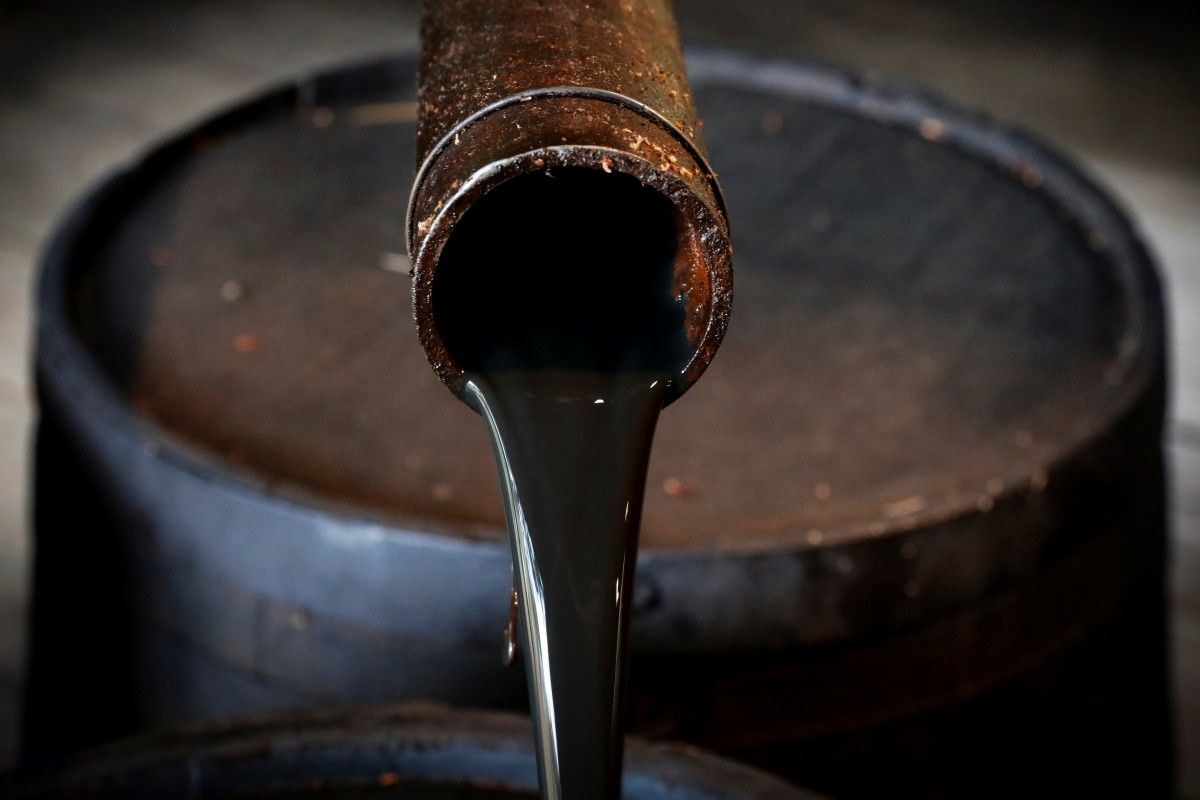
Oil prices pared earlier gains on Friday following U.S. President Donald Trump's tariff increase on $200 billion worth of Chinese goods took effect, escalating the trade dispute between the world's two biggest economies and oil consumers.
Prices had risen more than 1 percent earlier in the day as optimism mounted that the tariffs would be averted after U.S. Trump said he received a "beautiful letter" from Chinese President Xi Jinping, Reuters said.
With no move from the Trump administration to reverse the hikes, U.S. Customs and Border Protection imposed the new 25% duty on affected U.S.-bound cargoes leaving China after 12:01 a.m. EDT (0401 GMT) on Friday.
Read alsoReuters: Oil prices fall as trade row fears eclipse U.S. inventory decline
Brent crude futures were at $70.41 a barrel at 0523 GMT, up 2 cents from their last close, after rising to as high as $71.23 a barrel.
U.S. West Texas Intermediate (WTI) crude futures were at $61.78 per barrel, up 8 cents, after rising to as high as $62.49 a barrel earlier in the day.
U.S. stock futures fell and Asian shares pared gains as China said it would retaliate over the tariff increases.
"Oil prices along with most risk assets are moving almost in sync on trade tariff updates," said Edward Moya, senior market analyst at futures brokerage OANDA.
Trump threatened to levy the additional tariffs on Sunday on signs that China would not accept portions of the trade agreement that it earlier indicated it accepted.
A break down in trade between the world's two largest oil consumers would likely impact oil demand. The two countries combined to make up 34 percent of global oil consumption during the first quarter of 2019, according to data from the International Energy Agency.
Concerns of rising oil supply on reports of growing stockpiles along with the potential impact on demand has pushed oil prices lower for the week.
U.S. crude is heading for a weekly loss of 0.3%, its third week of consecutive declines. Brent is heading for its second weekly loss, down 0.6%
However, the efforts by the Organisation of the Petroleum Exporting Countries (OPEC) to crimp supply to reduce global inventories has supported prices.
Overall expectations are also that demand in 2019 will rise.
The U.S. Energy Information Administration expects global oil demand to rise by 1.4 million barrels per day this year.

